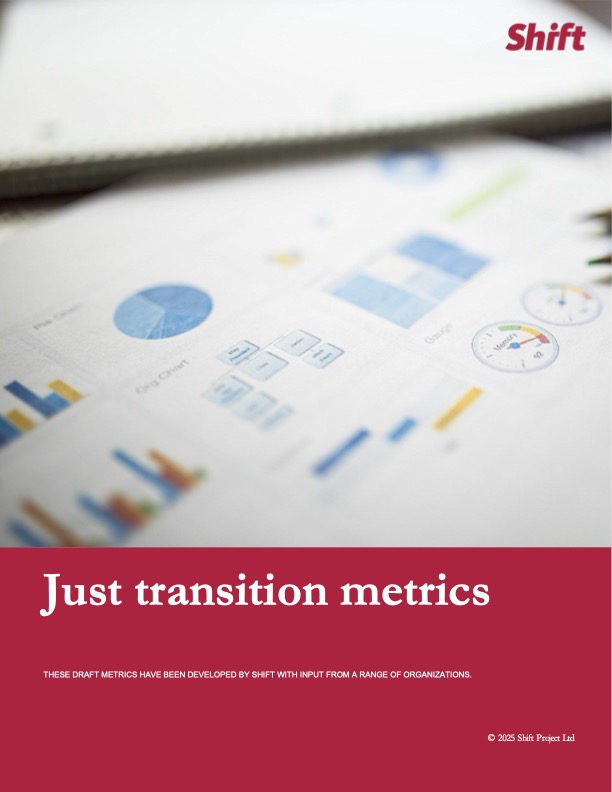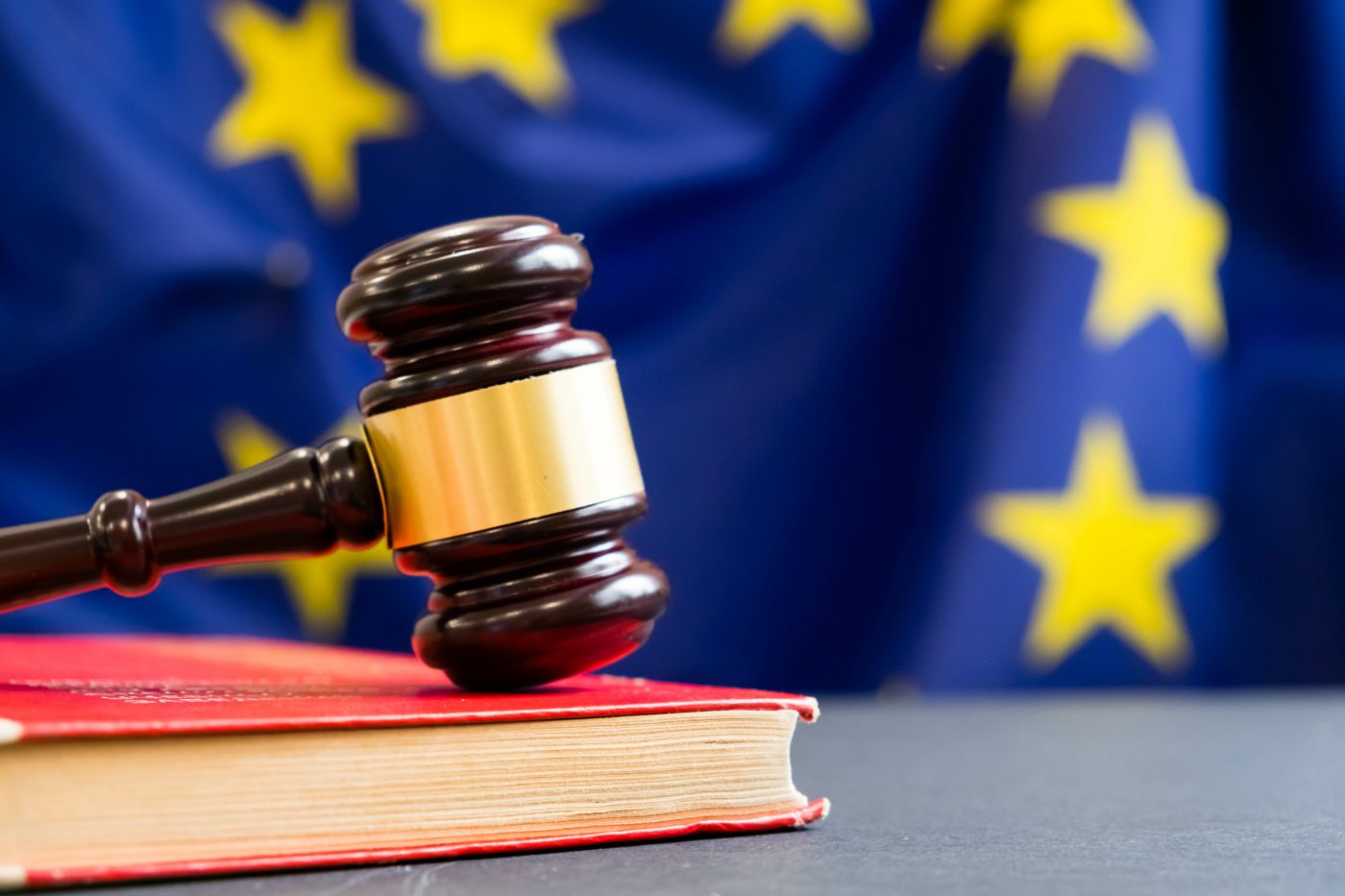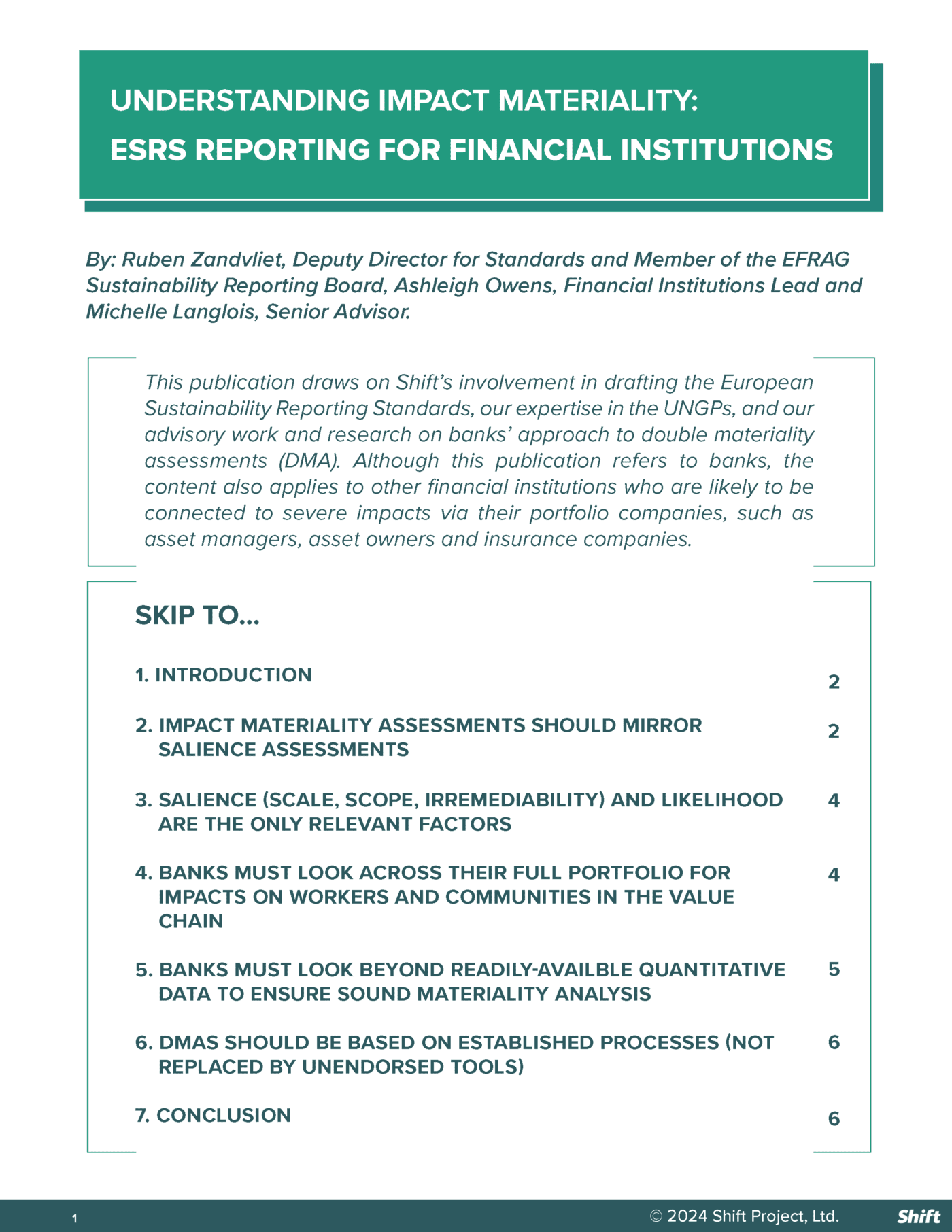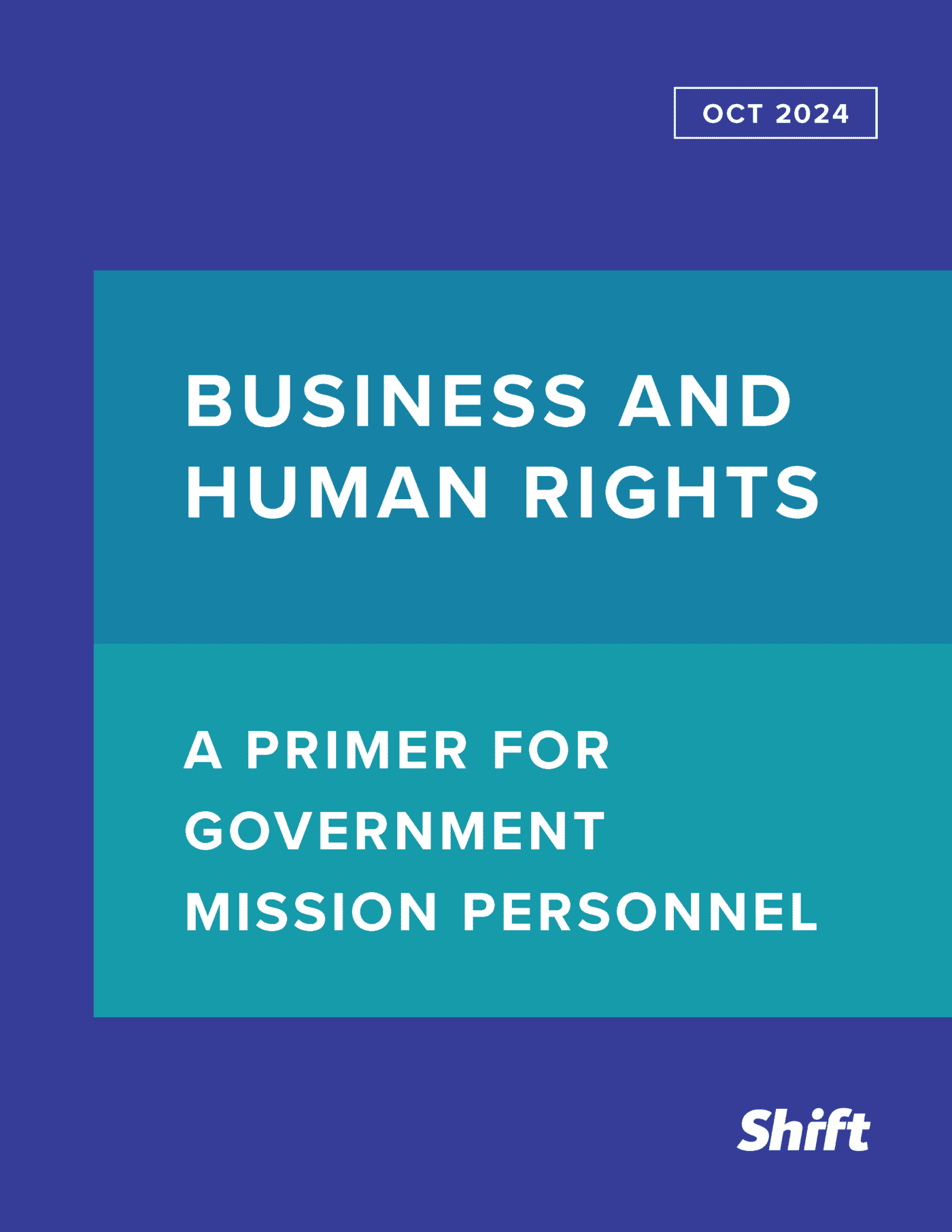I spoke recently to the New York City Bar Association at a Continuing Legal Education program on why business and human rights matter for lawyers. Based on a show of hands, most of the lawyers attending the session were law firm litigators. Only a few were corporate or commercial lawyers. This was unfortunate, because business litigators usually address human rights long after the horse has left the barn and is galloping far into the next county.
Business litigators usually address human rights long after the horse has left the barn and is galloping far into the next county. Non-litigators, in contrast, have a much better ability to provide wise advice to clients up front on how to avoid involvement in human rights abuse in the first place.
Non-litigators, in contrast, have a much better ability to provide wise advice to their clients up front on how to avoid involvement in human rights abuse in the first place.
Lawyers outside the courtroom typically see proactive advice on business and human rights as a squishy subject, because it involves navigating between the shifting boundaries of hard and soft law. It requires demystification for those lawyers who advise boards on strategic risks, prepare public disclosure reports, draft contracts, negotiate deals and structure legal frameworks.
I have tried to do make this clearer in two recently published articles.
The first, “Wise counseling on global supply chains,”urges business lawyers to take a more holistic approach towards negotiating supply contracts, and not rely exclusively on boilerplate contract language and the inclusion of audit clauses.
The second, “Should a parent company take a hands-off approach to the human rights risks of its subsidiaries?“, urges lawyers to consider carefully the wide range of risks, both legal and non-legal, to which parent companies will be exposed if they try a hands-off approach towards the human rights performance of their subsidiaries in order to minimize their legal risk profile.
The common theme in both articles is the importance to lawyers and clients of considering, at the outset of any legal engagement, important soft law human rights context to legal advice and services, such as the UN Guiding Principles. The American Bar Association’s model professional rules of conduct (Rule 2.1) notes that consideration of such context can greatly increase the value of a lawyer’s services. This was a key reason why the American Bar Association endorsed the UN Guiding Principles in 2012.
Similarly, the International Bar Association has underscored the importance of considering such context in its 2016 Practical Guide on Business and Human Rights for Business Lawyers and companion Reference Annex (both of which were authored by the IBA’s Business and Human Rights Working Group, which I chaired).
Developments in Europe
Recent European law society initiatives also underscore the importance to lawyers and their clients of taking into account human rights norms that extends beyond providing technical advice and services, particularly at the outset of the lawyer/client relationship.
Specifically, the European Bars Federation/ Fédération des Barreaux d’Europe (FBE), a Strasbourg-based association of 250 European bar associations with approximately 800,000 lawyers, recently launched a Guidance in Business and Human Rights for European Law Societies to help them address the implications of the UN Guiding Principles.
The FBE Guidance is driven by the EU’s recognition of the Guiding Principles as the authoritative policy framework on business and human rights in aligning the EU’s Strategy on Corporate Social Responsibility and other EU initiatives, including the development of National Action Plans to implement the Guiding Principles.
The FBE Guidance recommends that bar associations take far-reaching and proactive efforts to embed the Guiding Principles into all areas of legal practice, including:
- A public commitment by law societies to respect human rights and reduce obstacles to access to remedy;
- Disseminating the Guiding Principles internationally;
- Educating and training lawyers in business and human rights;
- Boosting the role that lawyers must play to support the effective respect of human rights and provision of remedy;
- Advancing criteria and ethical guidance to help lawyers resolve dilemmas;
- Increasing the capacity of law societies to address business and human rights issues;
- Taking a proactive role in the development of significant business and human rights initiatives.
To that end, on February 1, 2018, the Geneva Bar Association, an FBE member, amended its Professional Code of Conduct to provide that lawyers should do their best to mitigate the risks of human rights abuses by corporate clients by promoting their inclusion up front in the early stages of their advice or when helping to prepare agreements or contracts. This language is precatory, not merely permissive.
These European initiatives make it clear that the subject of business and human rights is not just for litigators anymore. Legal advice that helps a client avoid trouble is always much cheaper than the legal cost of cleaning a mess after it happens.
 By John F. Sherman III
By John F. Sherman III



